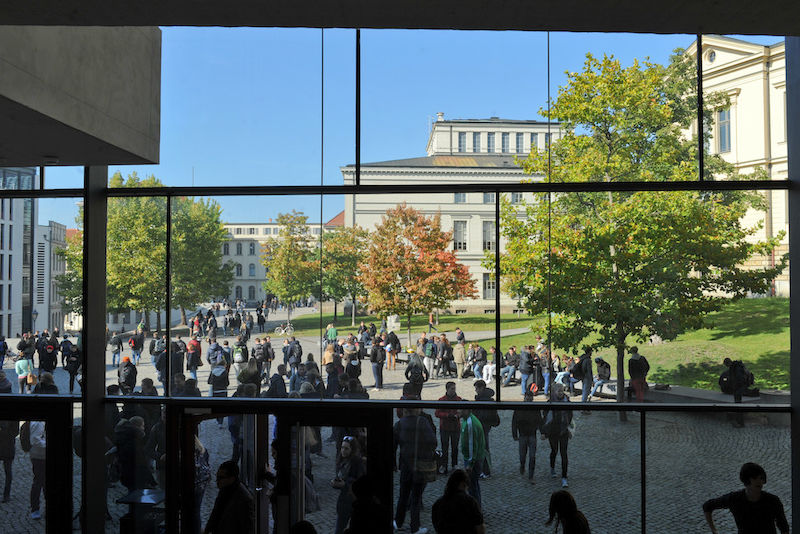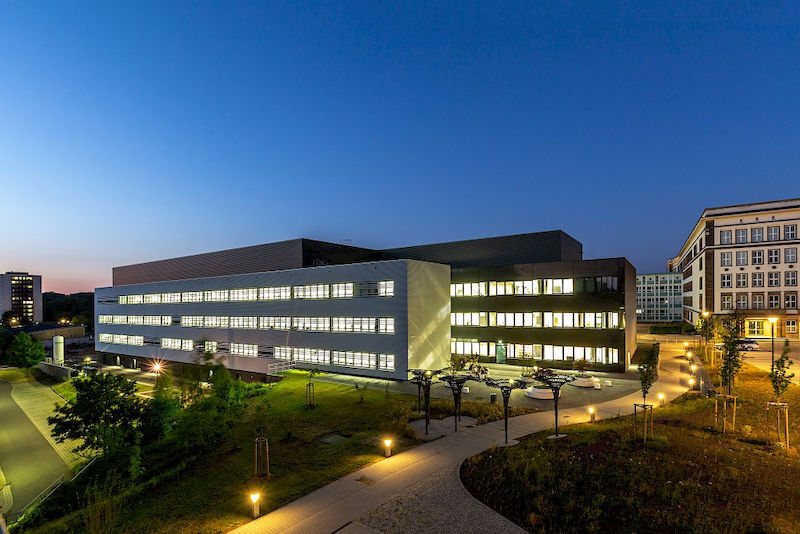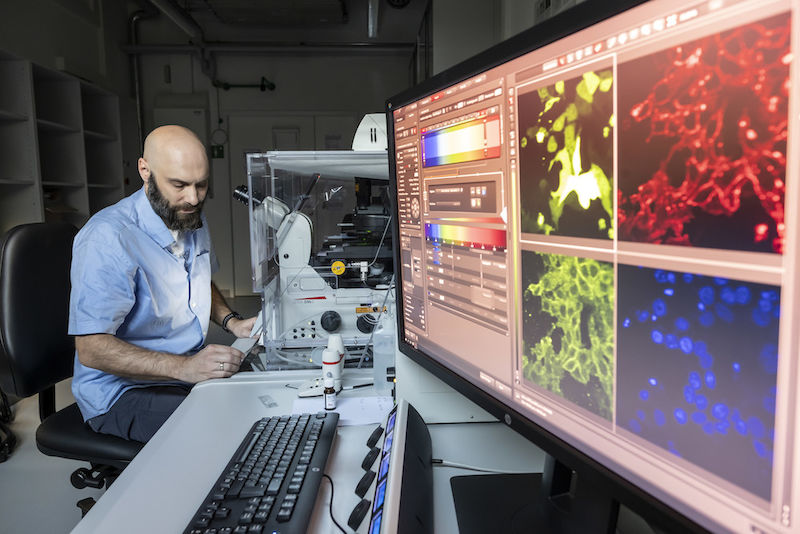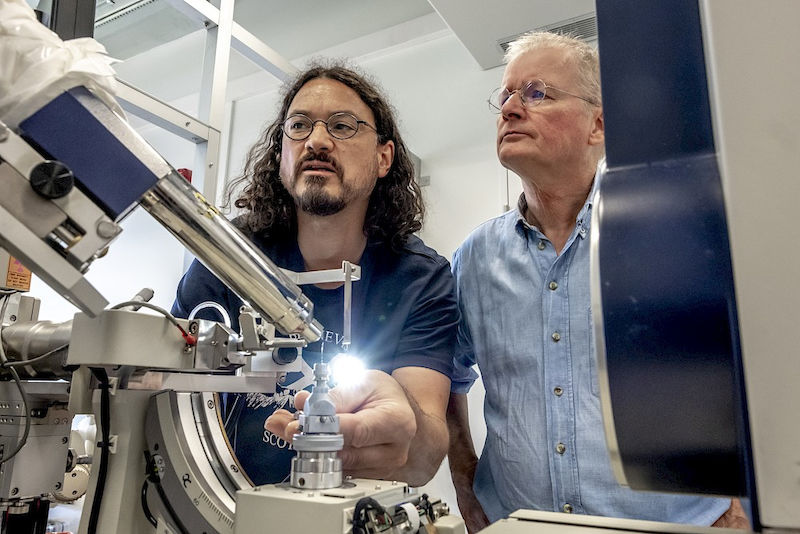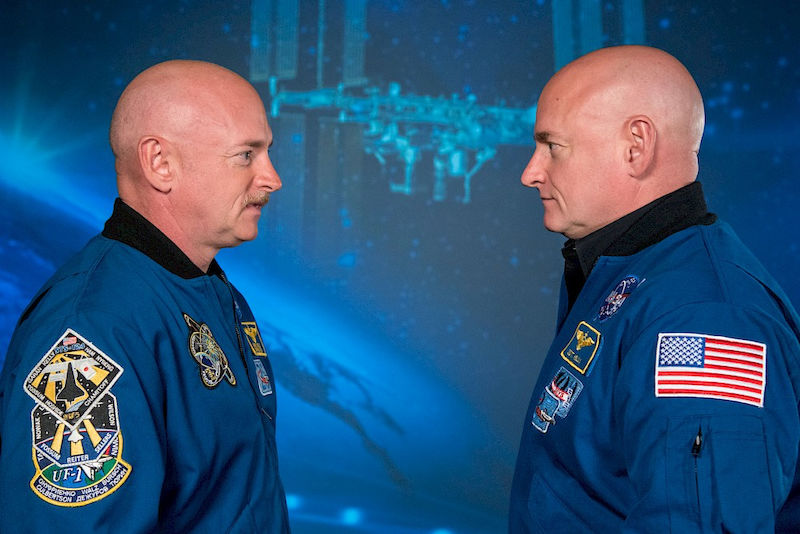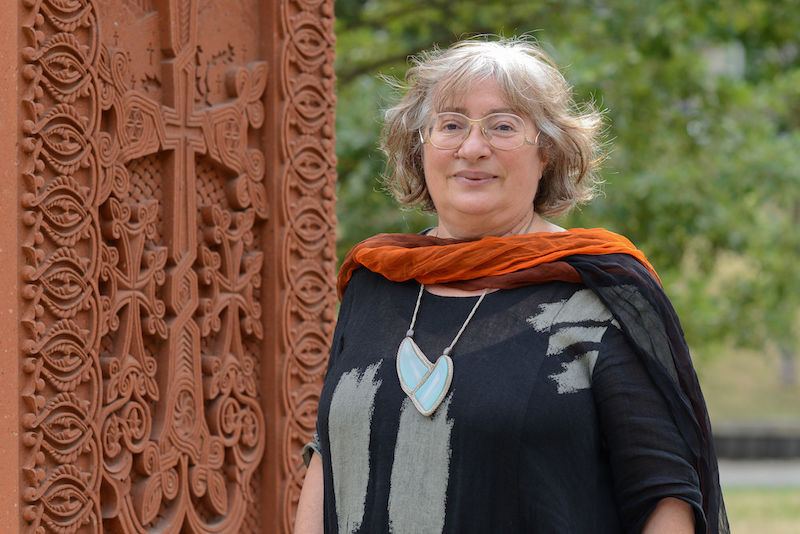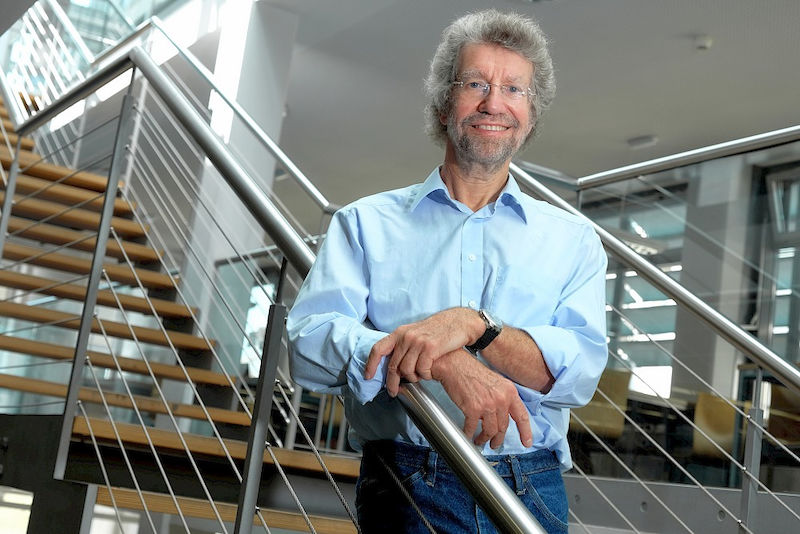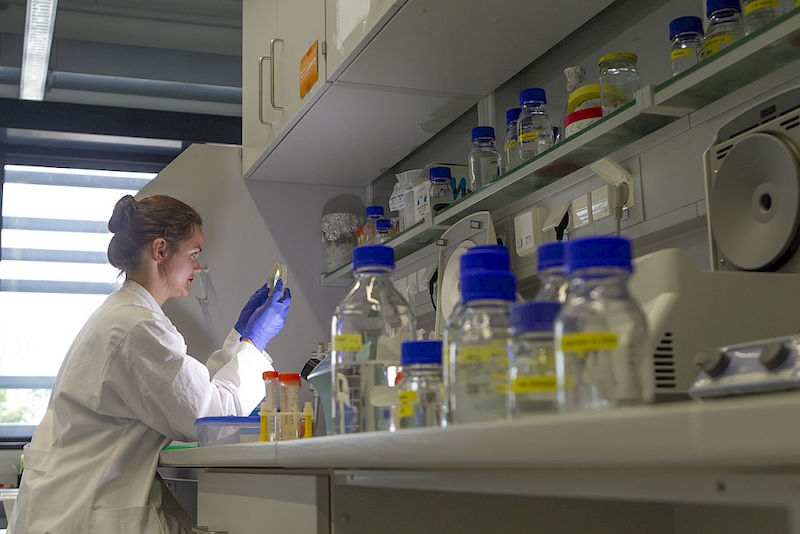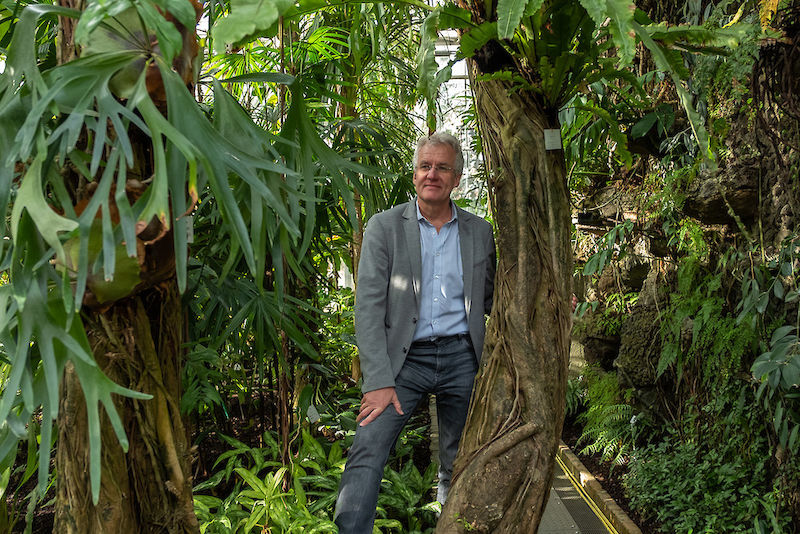
The wealth of data of plant researchers
Which plant species grow where, alongside which others - and why? Researchers at the University of Halle and the German Centre for Integrative Biodiversity Research (iDiv) Halle-Jena-Leipzig have the answer. They have set up the world's first global database on the earth's vegetation. Professor Helge Bruelheide, head of the international project, explains what can be explored with such a wealth of data. Read more

